Early Soviet Postmodernism
Raoul Eshelman
Soviet postmodernism is part of a long-term cultural development that began with the death of Stalin in 1953 and has continued on up to the present day. The book treats the early phase of Soviet postmodernism, which began to emerge in the late 1950's and lasted until the mid-1970's. Early Soviet postmodernism agrees with later, neoavantgardist postmodernism in that it distrusts modernist figures of thought such as utopianism, dialectical argumentation, and mythopoetic "grand narratives." Unlike late postmodernism, which appropriates these figures ironically, early Soviet postmodernism is still involved in a serious, agonized attempt to "correct" or rework them in a serious way. The epistemological failure of these efforts marks this literature as specifically postmodern. The book charts the development of this epoch in four important "genres" of postwar Soviet literature : in village prose (Nagibin, Solženicyn, Belov, Rasputin); in Vasilij Suksin's short stories about eccentric characters ; in Jurij Trifonov's urban prose ; and in the lyric poetry of Evgenij Evtusenko and Andrej Voznesenskij.
01/07/1997
211
pages
51,40
€
Extraits


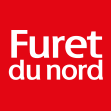
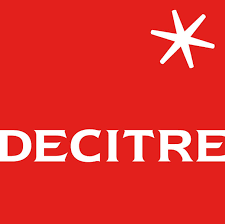
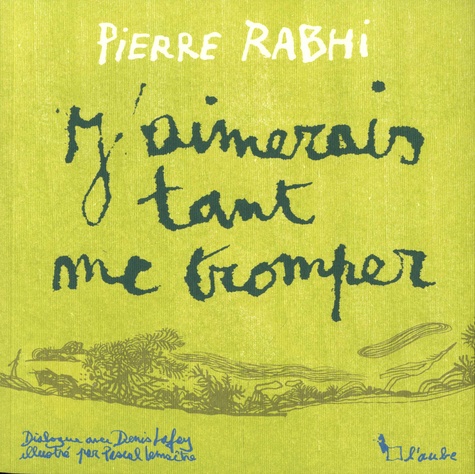
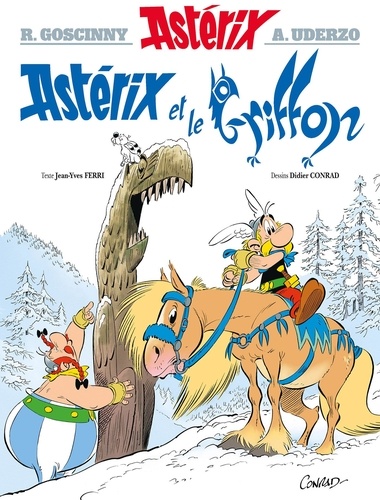
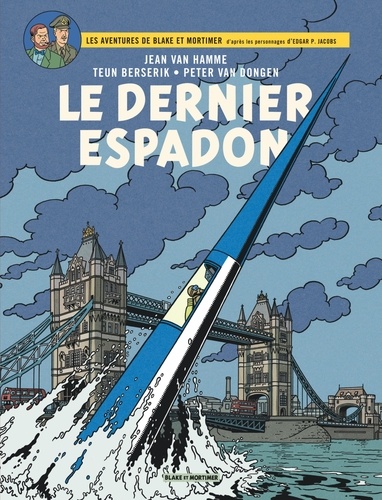
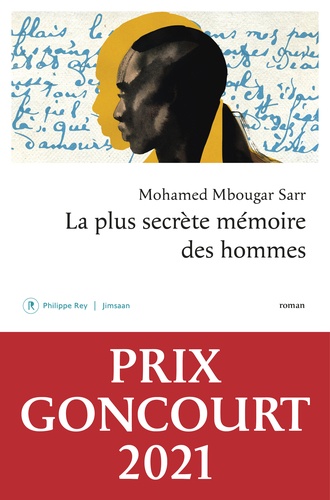

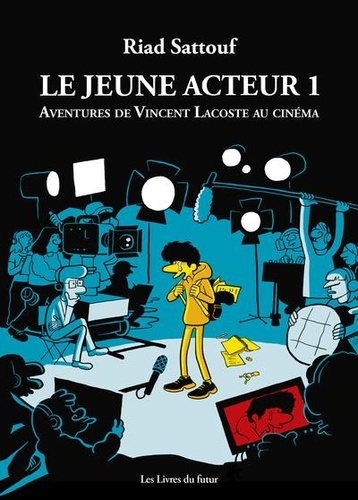
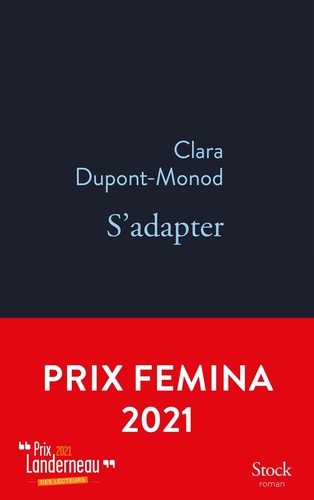

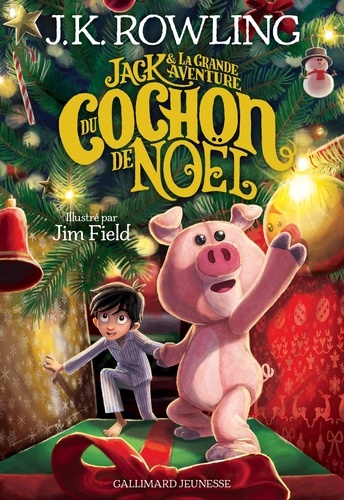
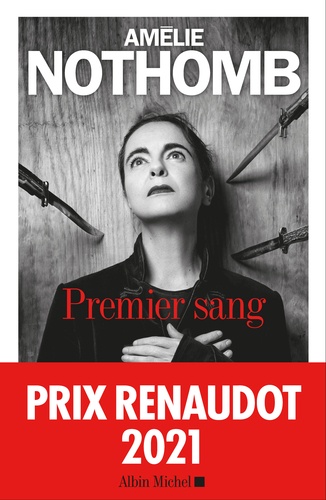
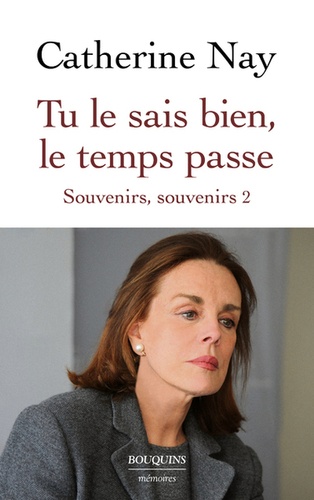
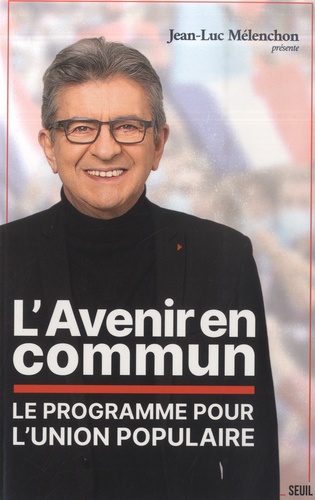

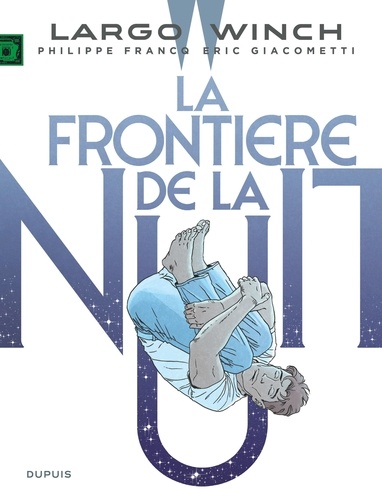
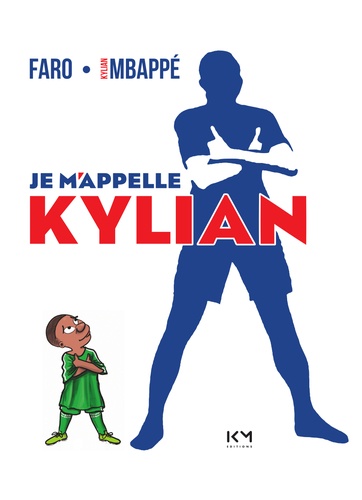
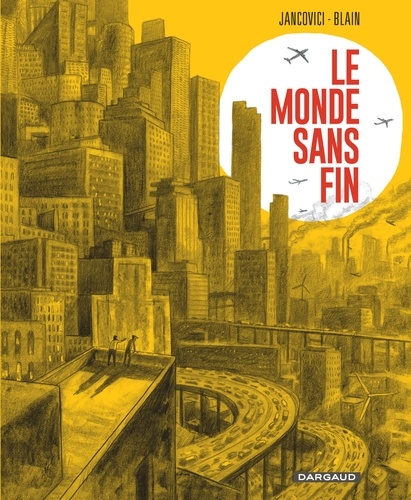

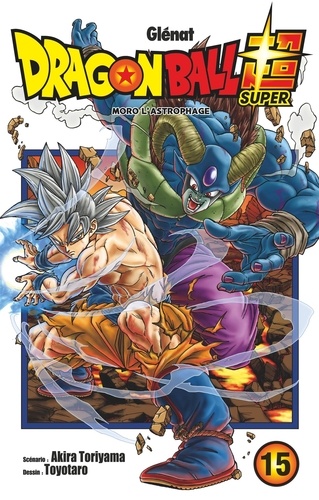
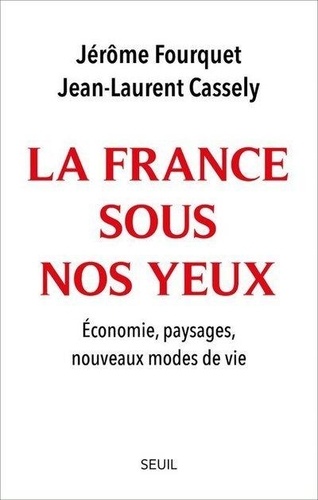
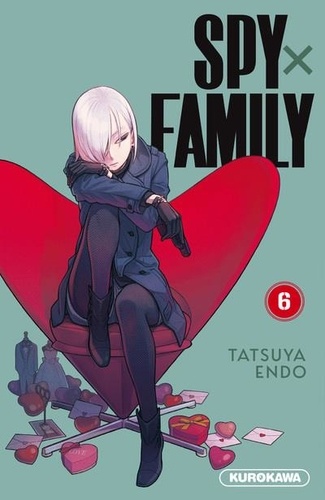

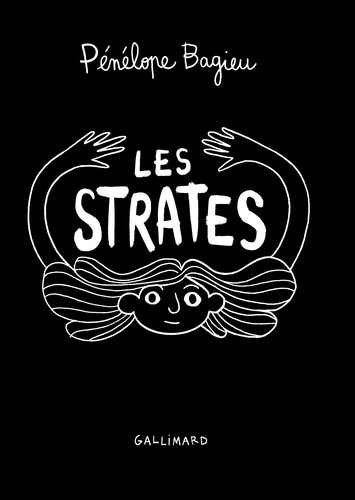



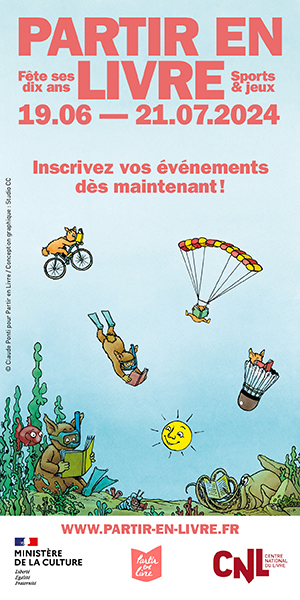
Commenter ce livre